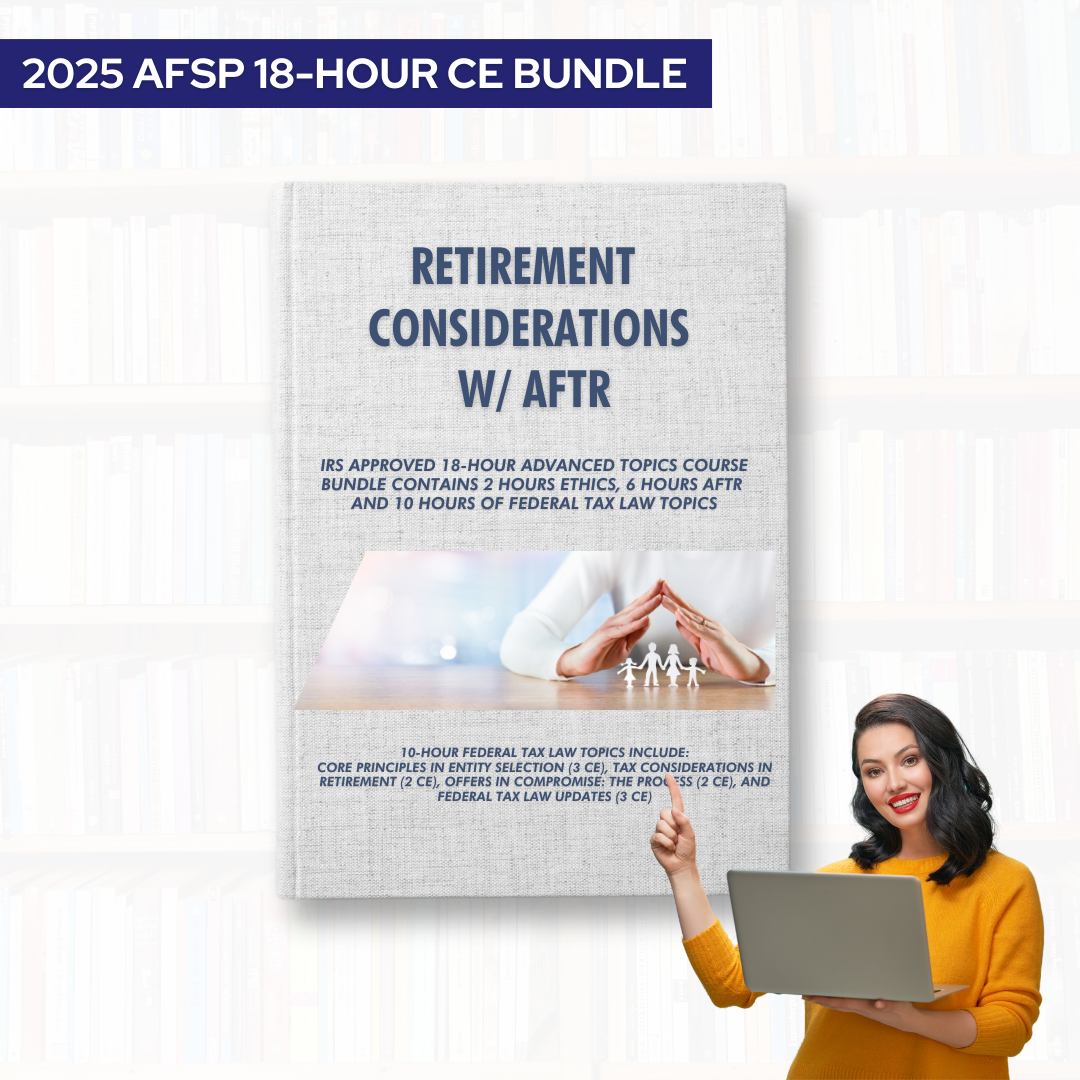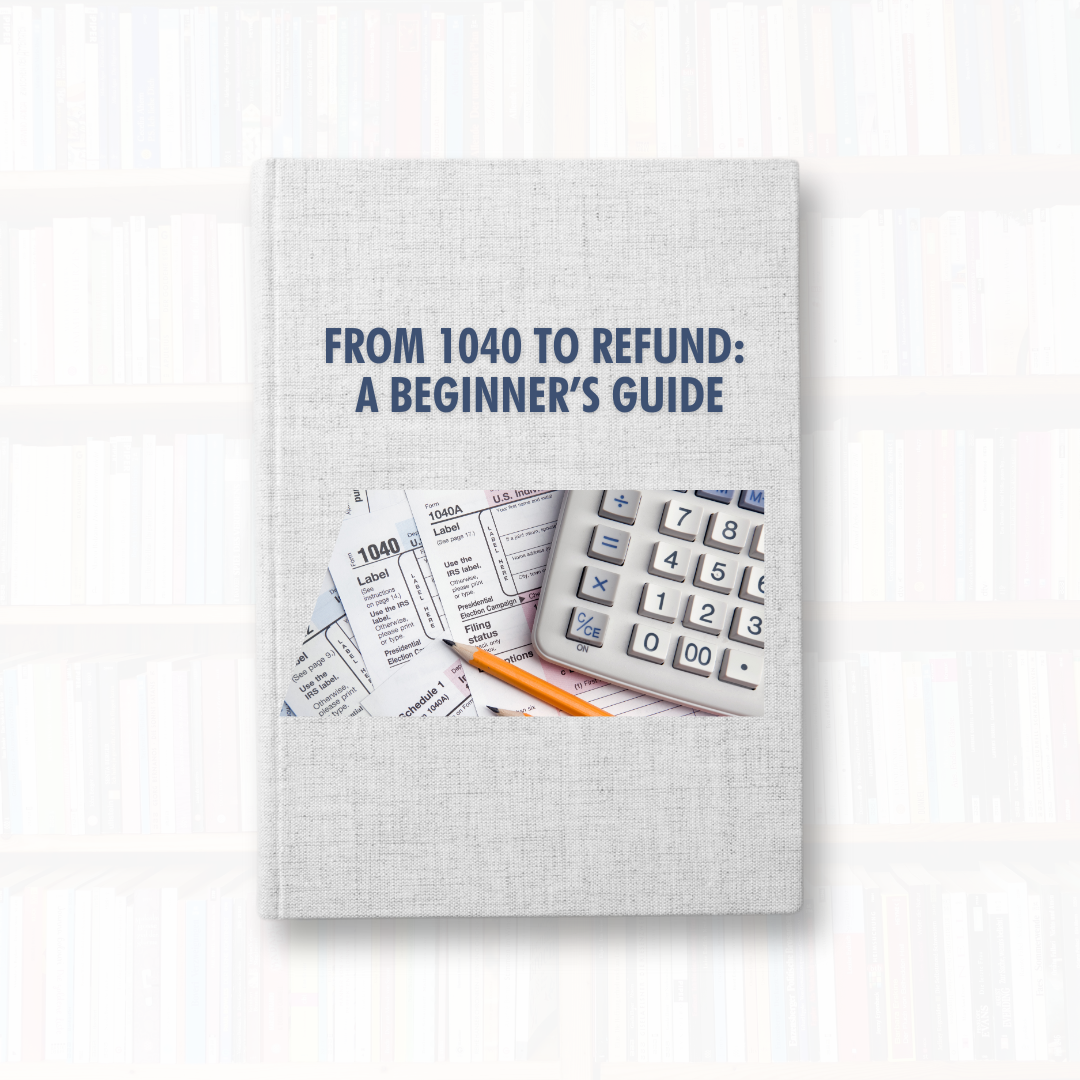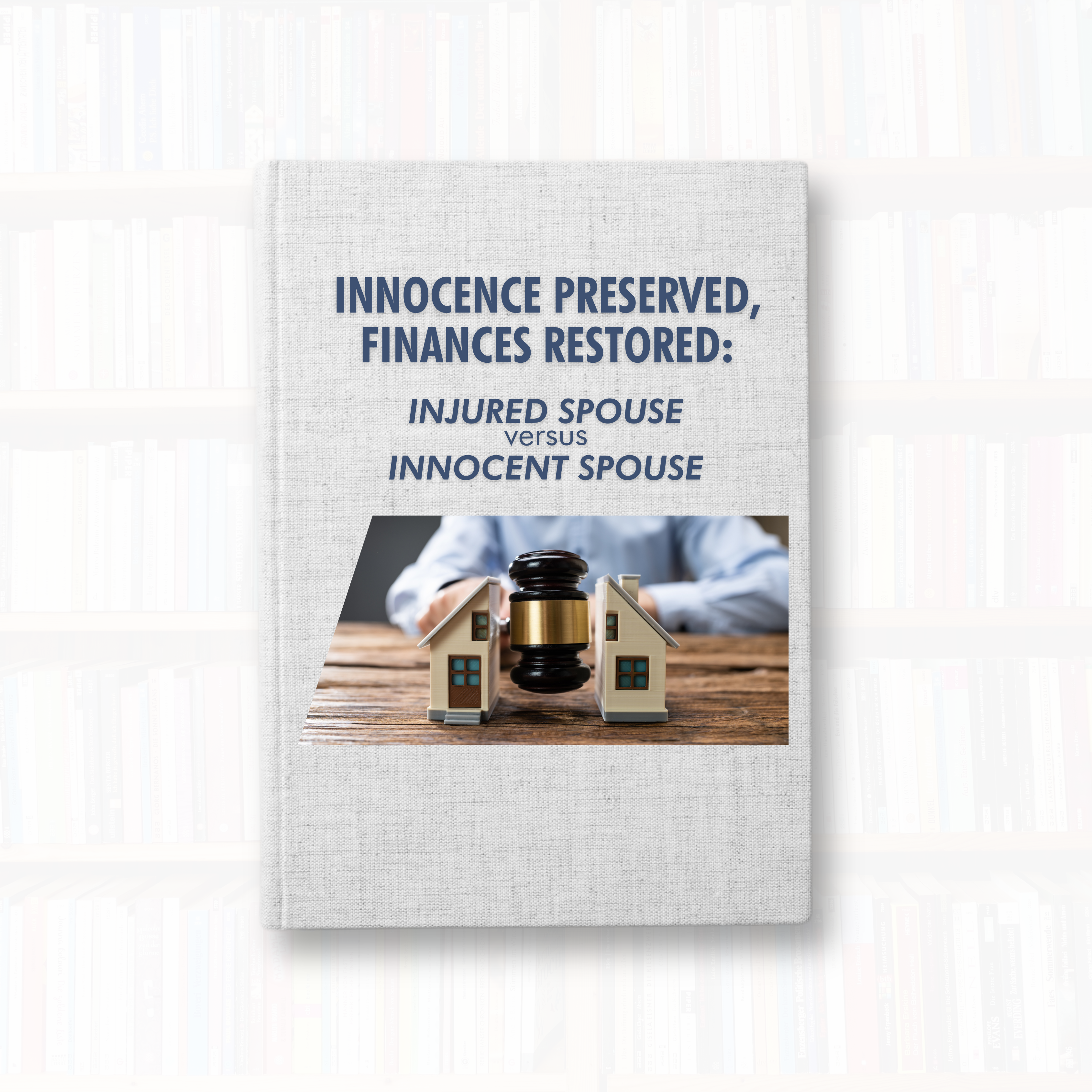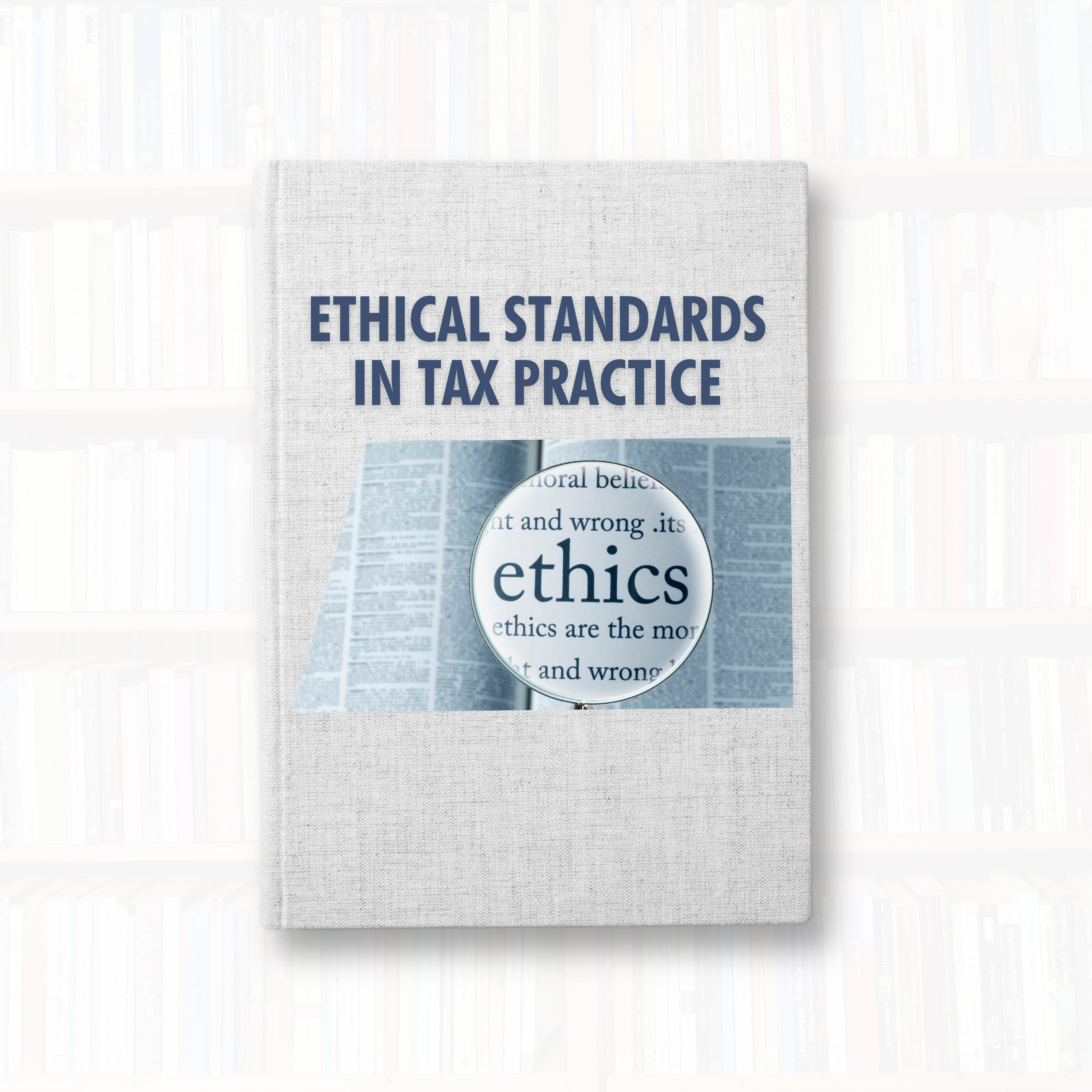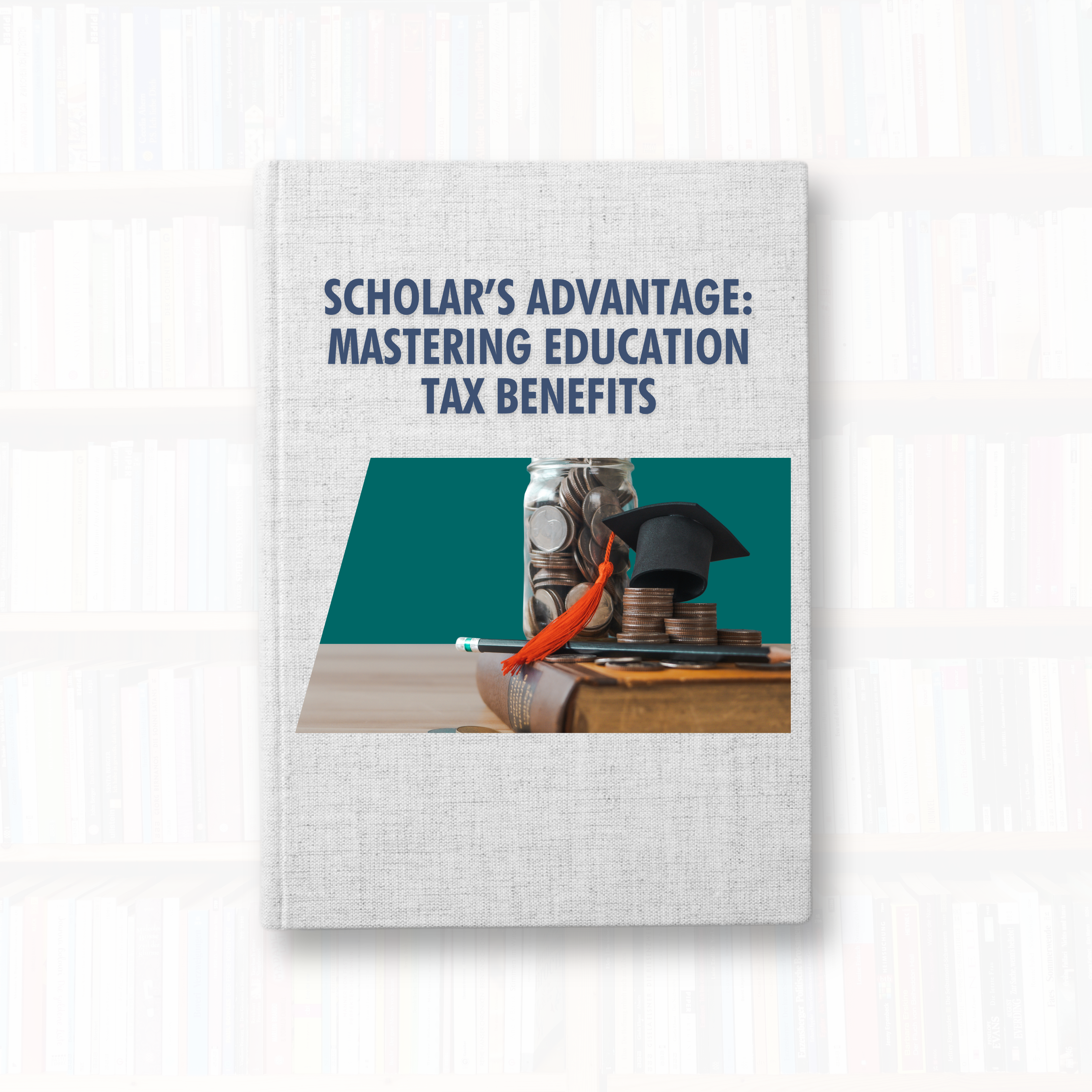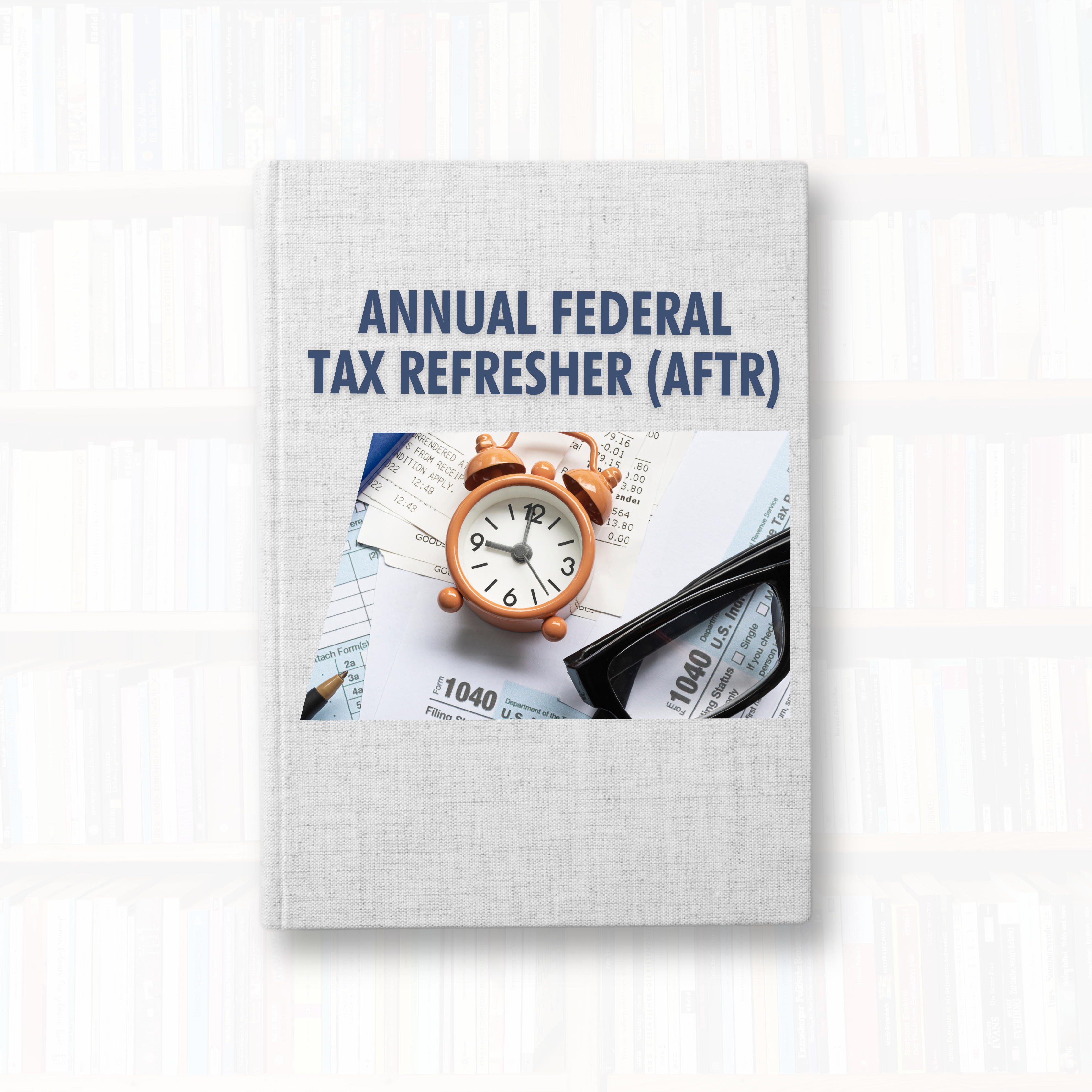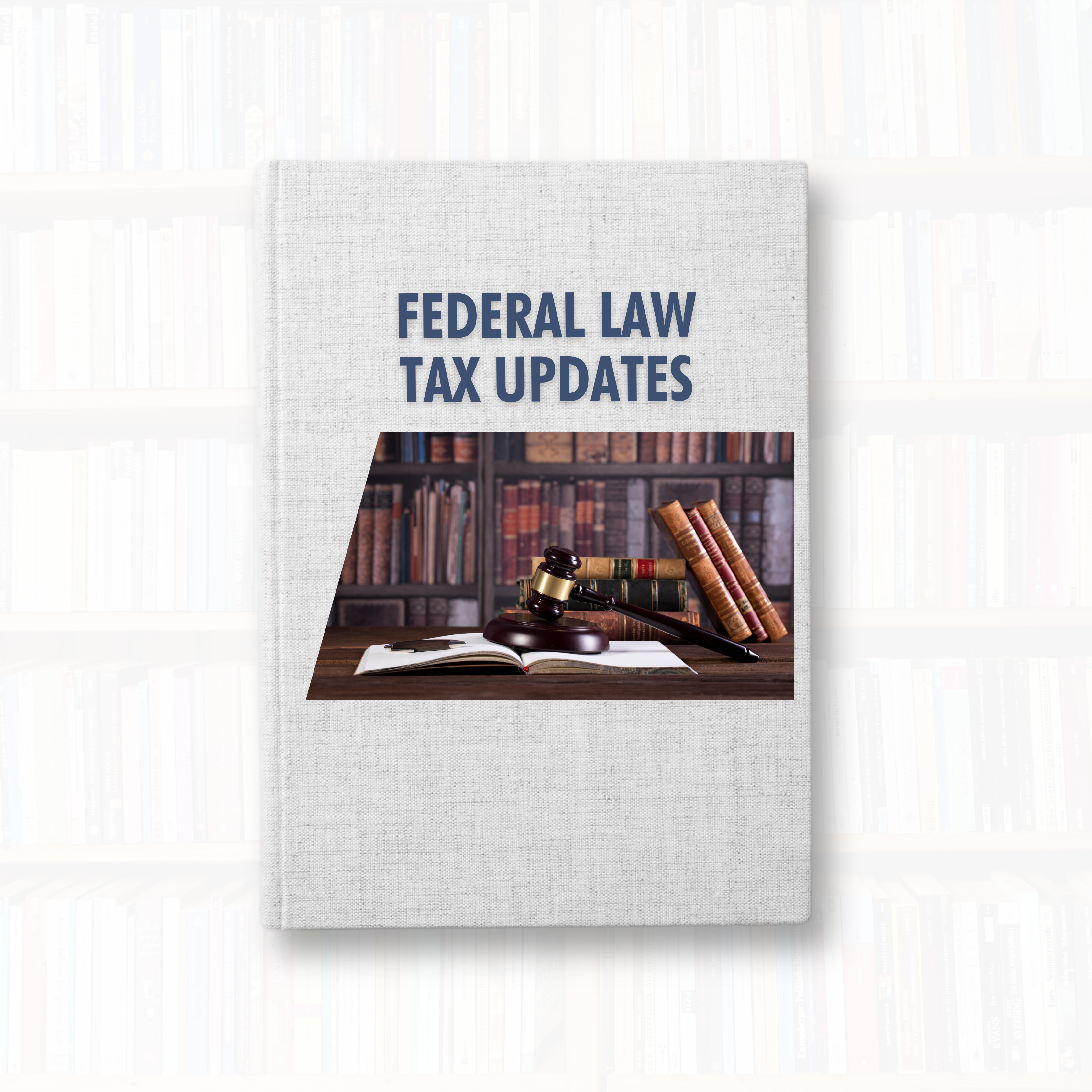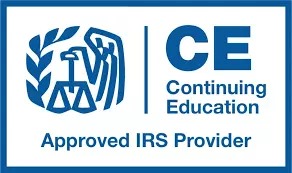OVERVIEW
The Offer in Compromise course deeply examines the complex territory of negotiating tax settlements with the Internal Revenue Service. Participants will examine eligibility criteria, application procedures, and strategic approaches essential for crafting persuasive offers. Through a combination of theoretical lectures and practical case studies, attendees will gain hands-on experience in assessing taxpayer financial profiles and developing effective negotiation strategies.
Moreover, this comprehensive course thoroughly explores guidelines and standards, offering strategic insights for managing offer-in-compromise cases. Our goal is to equip practitioners with the expertise and strategies needed to optimize success in navigating this complex process.
Learning Objectives:
Upon completion of this course, you will be able to:
- Develop a comprehensive understanding of the eligibility criteria for submitting an Offer in Compromise, including financial hardship, doubt as to liability, and effective tax administration.
- Understand Form 656, Offer in Compromise, Form 433-A (OIC) and Form 433-B (OIC) to disclose financial information and calculate the reasonable collection potential (RCP) using IRS formulas and guidelines.
- Learn advanced techniques for preparing and submitting an OIC application, including the necessary forms, documentation requirements, and strategies for presenting a compelling case to the IRS.
- Analyze case studies and real-world scenarios to apply theoretical knowledge to practical situations, including complex financial situations, varying taxpayer profiles, and IRS responses.
- Navigate through IRS guidelines and standards governing the OIC process, including the impact of recent updates and procedural changes on case strategies.
- Develop communication strategies for effectively engaging with IRS representatives during the OIC process, including negotiations, clarifications, and documentation requests.
At the end of the course, participants will be required to pass a comprehensive final exam covering all topics addressed throughout the course. The exam is open book, and the downloadable PDF containing the course material is available on the first page of the course. A minimum score of 70% is necessary to satisfy the Continuing Education (CE) requirement and to obtain a Certificate of Completion. Successful course completions are reported to the IRS within three business days.
Curriculum
- 8 Sections
- 17 Lessons
- 26 Weeks
- Chapter 13
- Chapter 23
- Chapter 36
- Chapter 42
- Chapter 56
- Chapter 62
- Chapter 71
- Final Exam1
-
2025 AFSP 18-Hour CE Bundle- Retirement Considerations w/ AFTR
6 course includedLearning Objectives: Assess tax implications and strategies for retirement planning, incorporating changes from the SECURE Act and other legislative updates,...View detail$129.99

